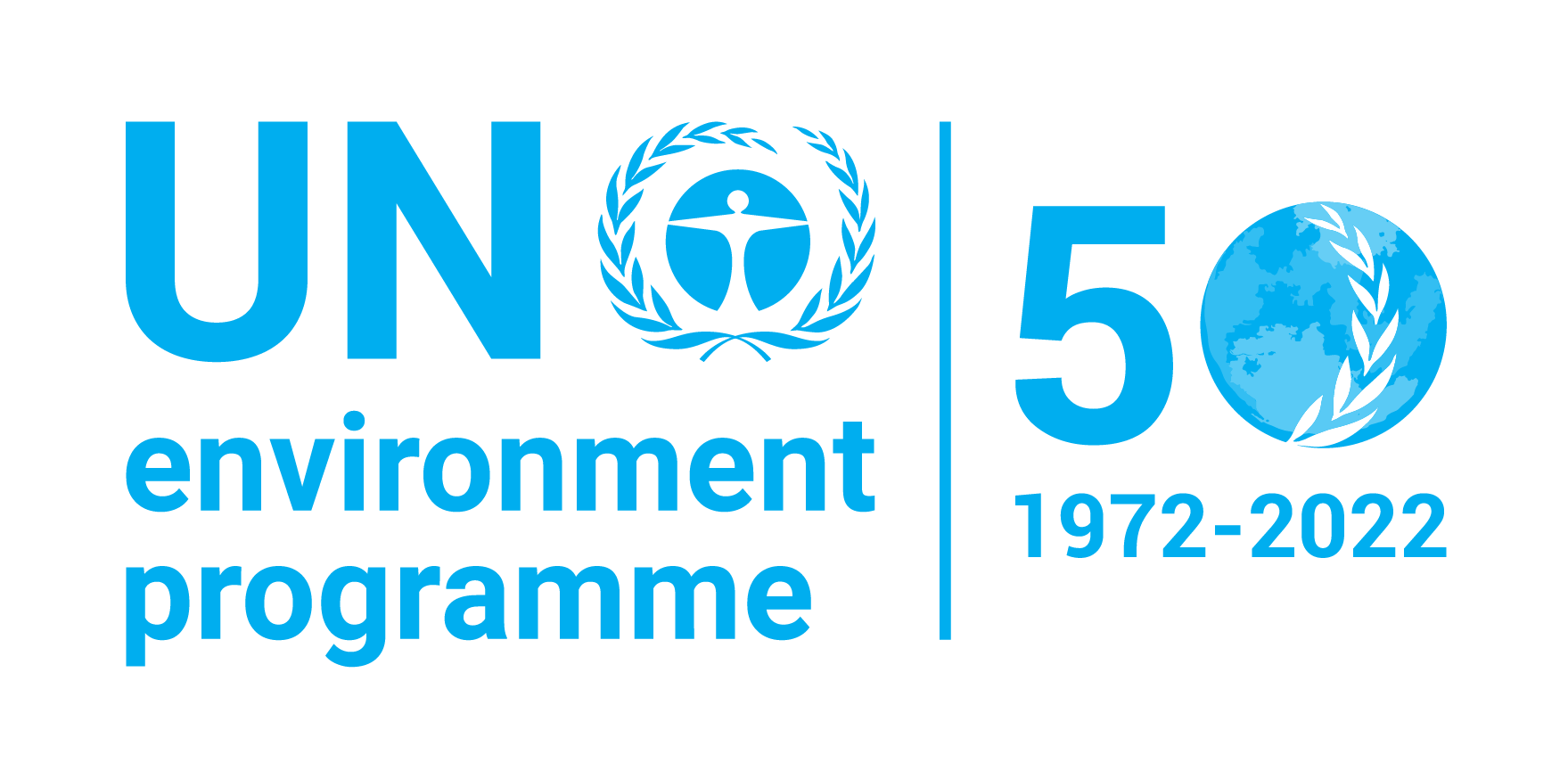| dc.contributor | International Resource Panel | |
| dc.contributor.author | United Nations Environment Programme | |
| dc.contributor.author | International Resource Panel | |
| dc.coverage.spatial | Global | |
| dc.date.accessioned | 2016-10-11T20:05:33Z | |
| dc.date.available | 2016-10-11T20:05:33Z | |
| dc.date.issued | 2013 | |
| dc.identifier.isbn | 978-92-807-3298-6 | |
| dc.identifier.uri | http://hdl.handle.net/20.500.11822/8488 | |
| dc.description | This report examines the potential for decoupling at the city level. While the majority of the worlds population now live in cities and cities are where most resource consumption takes place, both the pressures and potentials to find ways to reconcile economic growth, wellbeing and the sustainable use of natural resources will therefore be greatest in cities. | |
| dc.language | English | |
| dc.relation.ispartof | IRP Reports | |
| dc.rights | Public | en_US |
| dc.subject | URBAN DEVELOPMENT | |
| dc.subject | URBANIZATION | |
| dc.subject | URBAN ENVIRONMENT | |
| dc.subject | ECONOMIC DEVELOPMENT | |
| dc.subject.classification | Climate Change | |
| dc.title | City-Level Decoupling: Urban Resource Flows and the Governance of Infrastructure Transitions | |
| dc.type | Reports and Books | |
| wd.identifier.old-id | 9290 | |
| wd.identifier.sdg | SDG 11 - Sustainable Cities and Communities | |
| wd.identifier.pagesnumber | 99 p. | |
| wd.identifier.sdgio | http://purl.unep.org/sdg/SDGIO_00000045 | |


